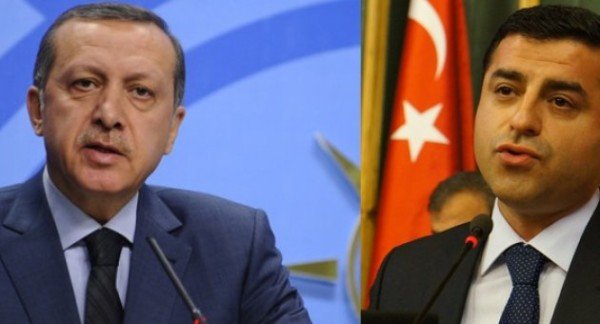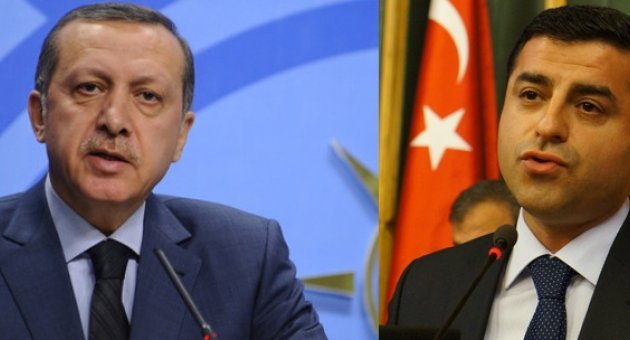Selahattin Demirtas’ call for Kurdish autonomy has been condemned by Turkish President Recep Tayyip Erdogan as “treason”.
Recep Tayip Erdogan said, referring to Selahattin Demirtas, co-leader of the Peoples’ Democratic Party (HDP): “What the co-leader has done is treason, provocation.”
At the weekend the HDP and other pro-Kurdish groups called for self-rule in Turkey’s mainly Kurdish south-east.
Turkish prosecutors have launched an investigation into those comments.
The Turkish military has stepped up operations against the rebel Kurdistan Workers’ Party (PKK), which is fighting for Kurdish self-rule. The army says it has killed more than 200 PKK militants in the latest fighting.
The PKK is regarded as a “terrorist” organization by Turkey, the US and EU.
The HDP won 59 seats in Turkey’s 550-seat parliament in the November 1 elections. It came third, behind Recep Tayyip Erdogan’s Justice and Development Party (AKP) and the Republican People’s Party (CHP).
Speaking on December 29, Recep Tayyip Erdogan said Selahattin Demirtas and other Kurdish leaders would be “taught a lesson” by the people and the law.
He accused Selahattin Demirtas of challenging Article 14 of the constitution, which bans activities deemed to “violate the indivisible integrity of the state”.
On December 27, Selahattin Demirtas backed a declaration by a Kurdish umbrella group – the Democratic Society Congress (DTK) – which called for “autonomous regions” and “self-governance bodies”.
The declaration, issued in the mainly Kurdish city of Diyarbakir, said the “rightful resistance” of Kurds against Turkish state policies “is essentially a demand and struggle for local self-governance and local democracy”.
It called for the “formation of autonomous regions, to involve several neighboring provinces in consideration of cultural, economic and geographic affinities”.
The PKK has been battling the Turkish military for three decades, in a separatist conflict that has killed more than 40,000 people.
